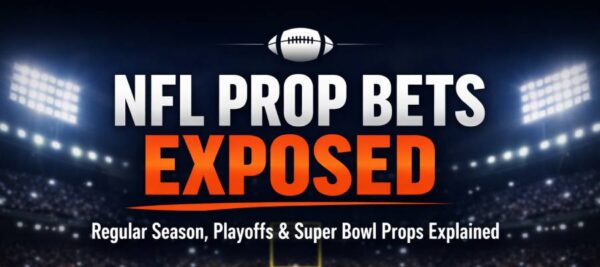Value betting is a term that can be loosely used to refer to many things, but the most generally accepted definition is the ability of a gambler to place bets that guarantee good value (winnings) over an extended period. Sustained value in betting calls for several factors and principles to come in play, but the most common denominator in all value bets is for the players to bet less and win more, or shop for those bets that offer the lowest risk with the highest values. Here are some principles that can help in guiding your value bets.
Money Management
The most basic principle in value betting is that you should NEVER bet more than you can afford to lose.
This is based on the fact that online sports betting sites always have a mathematical edge over bettors and the edge that comes with vigs added to bets keeps them in profitable business whether you win or lose.
With that, money management is of ultimate importance, and you have to be a very good bettor to consistently make profits from your wagers.
By having a proper money management plan, you will also be able to know how much to invest, risk, re-invest or expend over time, thus avoiding the amateur mistake of just placing wagers without knowing how much you are making or losing in the betting lines.
Value in Planning and Researching
By planning, we mean you should research on what you want to bet on (including issues like form, home vs. away splits and derbies), and then have a solid plan of how to place your wagers.
And once you have a plan, stick to it and avoid being swayed by emotions or other related distractions that can easily ruin your chances of profitability.
Shopping for Best Odds
Most recreational bettors, commonly known as punters, often rely on gut feeling and years of following a sport to make predictions, which often leads to modicum success.
The problem, however, is that most punters take huge risks for small rewards, rarely paying attention to the odds they are betting on. And as a result, their wins can easily be wiped out by a couple of losses.
This is where value betting comes in as a solution of taking your wagers to the next level.
Rather than just rely on knowledge and gut feelings, value betting calls for an assessment of all the variables in a given matchup, giving weight to how these variables determine your own odds against the sportsbook odds.
When the mathematical edge favors the sportsbook odds in a big way, your best option is to keep off and wait for instances that the odds will be in your favor, preferably in a way that offers an opportunity for good-value wins.
Value betting, mind you, is an investment, and not just a gamble, so odds that don’t meet this criterion should be avoided.
Discovering False Odds
Given that the sports betting odds are mostly determined by the market and public perception, certain odds tend to offer a false representation of the reality on the ground, either due to mistakes by the Oddsmakers or for the sole purpose of baiting bettors into placing wrong wagers.
For example, in the NFL, the Dallas Cowboys may be playing a game without starting QB Dak Prescott, and going against an improved and in-form Raiders team in Las Vegas.
But since the Cowboys have previously owned the Raiders in the past and many Dallas supporters will still be hoping for their team to win, the Bookies decide to favor the Cowboys wrongly instead of installing them as small road underdogs.
If you notice such a line that offers such a “False Favorite”, it means there’s a huge opportunity to go with the Raiders as a solid underdog bet, which means more value for you when Las Vegas wins the game.
The ability to study lines and odds, and then exploit such false odds, can be greatly rewarding; something that has seen many value bettors make good money by placing just a few selected bets.
Expecting and Preparing for Losses
Losses are part and parcel of gambling, and value betting is no exception. You must therefore be prepared for occasional losses even as a value bettor, while keeping in mind that your overall efforts will cumulatively lead to bigger wins and lesser losses, leaving you smiling with good profit margins.
Injuries/Suspensions/Missing Players
When there is no clear indication about a key player missing a game due to injury, suspension or any other reasons; keep away from the betting lines.
In MLB, a starting pitcher can be the difference between a win and a loss, just in the same way a star player in the NBA or quarterback in the NFL can influence odds.
So, instead of blindly jumping into the lines, wait until the very last possible minute when you have all the info about the available and missing players before placing your bet. If no information is availed on time, don’t bet.
Welcome Bonuses from MyBookie : DOUBLE YOUR FIRST CRYPTO DEPOSIT!
Sports Betting Odds
Betting Online Casino
| Playing Blackjack or Poker |
| Understanding Live Casino |
| Best Casino Online Games |






